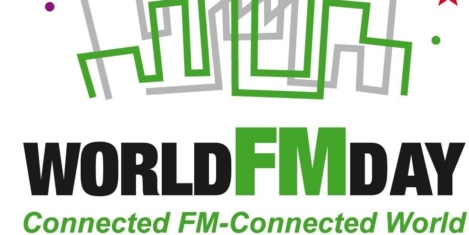June 18, 2015
Gen Z workers will be far more conventional than commonly assumed
 Despite being the first generation of workers to boast ‘native’ digital skills, so-called ‘Gen Z’ is far more conventional than previously assumed. The coming generation of 16-19 years-olds who are fast approaching the jobs market will care far more about their workplace and their employer’s ethics than Gen Y, new research from recruiter Adecco claims. The research shows that long-term security is more appealing to Gen Z than short term perks; with gym memberships (12%), free technology (16%) and time off to travel (26%) rejected in favour of qualifications and job security; at 43 percent and 41 percent, respectively. However, the research does show they have strong personal ambition and high expectations from employers, with half of those surveyed expecting a promotion within their first year of employment and the same number expecting to move on from an employer within two years.
Despite being the first generation of workers to boast ‘native’ digital skills, so-called ‘Gen Z’ is far more conventional than previously assumed. The coming generation of 16-19 years-olds who are fast approaching the jobs market will care far more about their workplace and their employer’s ethics than Gen Y, new research from recruiter Adecco claims. The research shows that long-term security is more appealing to Gen Z than short term perks; with gym memberships (12%), free technology (16%) and time off to travel (26%) rejected in favour of qualifications and job security; at 43 percent and 41 percent, respectively. However, the research does show they have strong personal ambition and high expectations from employers, with half of those surveyed expecting a promotion within their first year of employment and the same number expecting to move on from an employer within two years.




































June 3, 2015
Help us to investigate the psychological components of workplace noise
by Nigel Oseland • Comment, Wellbeing, Workplace, Workplace design
(more…)